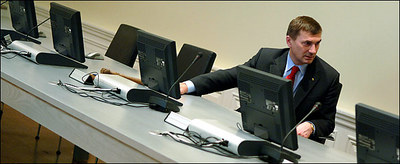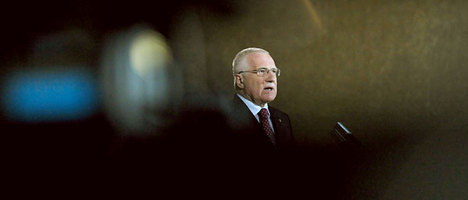 “President Vaclav Klaus of the Czech Republic is known for his economic liberalism.” Source of caption and photo: online version of the NYT article quoted and cited below.
“President Vaclav Klaus of the Czech Republic is known for his economic liberalism.” Source of caption and photo: online version of the NYT article quoted and cited below.
(p. A6) To supporters, Mr. Klaus is a brave, lone crusader, a defender of liberty, the only European leader in the mold of the formidable Margaret Thatcher. (Aides say Mr. Klaus has a photo of the former British prime minister in his office near his desk.)
. . .
As a former finance minister and prime minister, he is credited with presiding over the peaceful 1993 split of Czechoslovakia into two states and helping to transform the Czech Republic into one of the former Soviet bloc’s most successful economies.
But his ideas about governance are out of step with many of the European Union nations that his country will lead starting Jan. 1.
While even many of the world’s most ardent free marketeers acknowledged the need for the recent coordinated bailout of European banks, Mr. Klaus lambasted it as irresponsible protectionism. He blamed too much — rather than too little — regulation for the crisis.
A fervent critic of the environmental movement, he has called global warming a dangerous “myth,” arguing that the fight against climate change threatens economic growth.
. . .
Those who know Mr. Klaus say his economic liberalism is an outgrowth of his upbringing. Born in 1941, he obtained an economics degree in 1963 and was deeply influenced by free market economists like Milton Friedman.
Mr. Klaus’s son and namesake, Vaclav, recalled in an interview that when he was 13, his father told him to read Aleksandr Solzhenitsyn to better understand Communism’s oppressiveness.
“If you lived under communism, then you are very sensitive to forces that try to control or limit human liberty,” he said in an interview.
For the full story, see:
DAN BILEFSKY. “A Fiery Czech Is Poised to Be the Face of Europe.” The New York Times (Tues., November 25, 2008): A6.
(Note: ellipses added.)


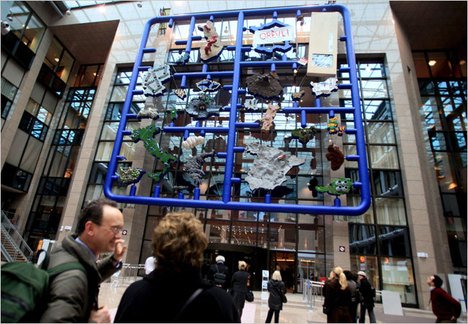
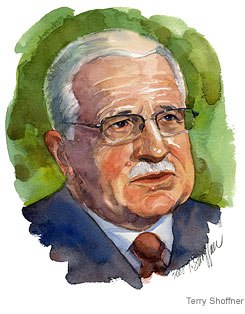
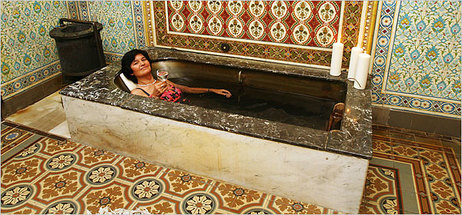
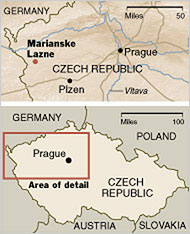 Source of maps: online version of the NYT article cited above.
Source of maps: online version of the NYT article cited above.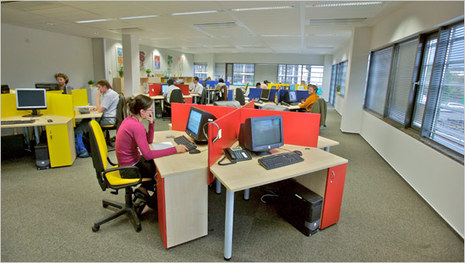
 Source of table: "World Publics Welcome Global Trade — But Not Immigration." Pew Global Attitudes Project, a project of the PewResearchCenter. Released: 10.04.07 dowloaded from:
Source of table: "World Publics Welcome Global Trade — But Not Immigration." Pew Global Attitudes Project, a project of the PewResearchCenter. Released: 10.04.07 dowloaded from: 